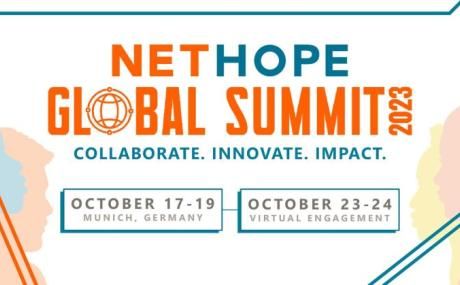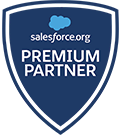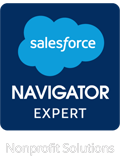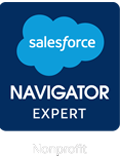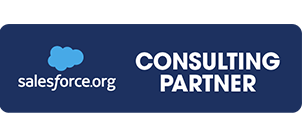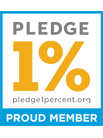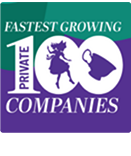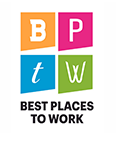Business to Human: the future of a modern economy
Imagine a world where not only every donation you make benefits the community but every product you purchase does as well. Goodwill would be at the heart of society. Our communities would be strengthened simply by you engaging in a commercial transaction.
This is not only an ethical idea but it’s becoming a necessary practice. To attract millennials and the next generation as buyers and employees, businesses need to become more altruistic. Both upcoming generations are demanding social responsibility and if you are not providing a conduit for them to express that, they will work elsewhere.
The struggle is finding the middle ground where both notions of goodwill and profit can be expressed simultaneously. But that middle ground is the way of the modern organization. With B Corporations and Commercial Fundraisers, we can see the two sectors are beginning to blend together- and that is a good thing.
What can businesses learn from nonprofits?
First, I think businesses can learn something from the value of relationship building. Nonprofits have learned to excel in community development. Essentially they operate in an environment that blends business to business (B2B) and business to customer (B2C) simultaneously, an environment I have heard referenced as business to human (B2H).
In the business to human environment each person has a place of employment, they are part of a household and, ultimately, they are a consumer. In other words, each individual is a complex set of relationships.
Businesses are just starting to figure this environment out. They are just starting to look at how to use these relationships to sell deeper and build a client base. What makes this entertaining is that the corporate sector sees this notion of B2H as novel when the nonprofit sector has been doing this for years.
What can nonprofits learn from businesses?
On the flip side of this, nonprofits can learn the value of efficiency. The private sector brings efficiency to meet bottom-line expectations. Nonprofits, although filled to the brim with goodwill, are often negligent in maintaining their funder and donor data. Holding themselves accountable to proper data management, quality solutions, and efficient business practices is essential.
Many of the well-known corporate best practices can be gleaned from businesses and applied to the nonprofit day-to-day practices. Embracing efficiency is not only ethical but it will help nonprofits measure their success and failures. Once you can measure it you can manage it, and that is indispensable for a nonprofit regardless of their mission.
Finding the middle ground is going to be necessary to our ever-changing economy and generational demands. The blending of the nonprofit and business worlds will continue to push us further into this middle ground. But each business and nonprofit will need to embrace new ideals and learn to adapt. I’m certain that this will happen and Idealist Consulting is ready to embrace this future dynamic.
Ready to see what this could look like in a company’s culture? Idealist Consulting, one of the first 100 B Corps, is hiring.




